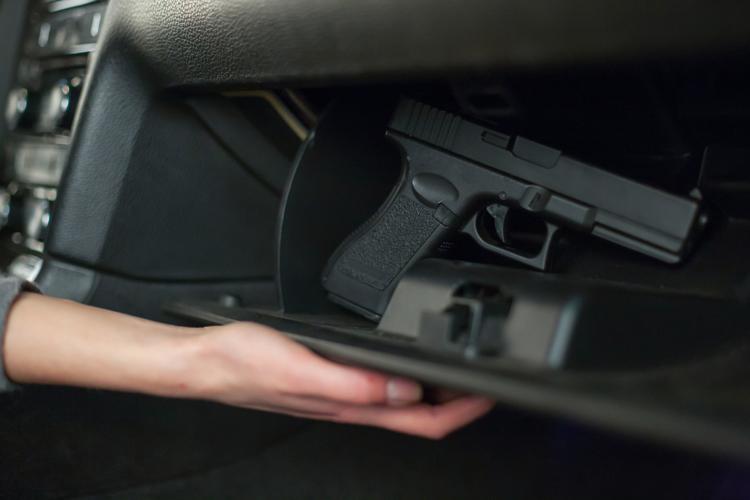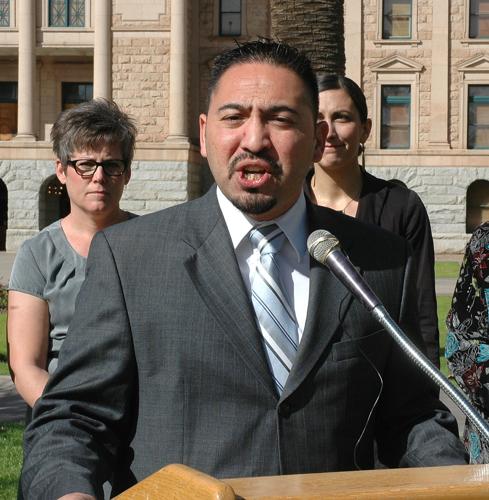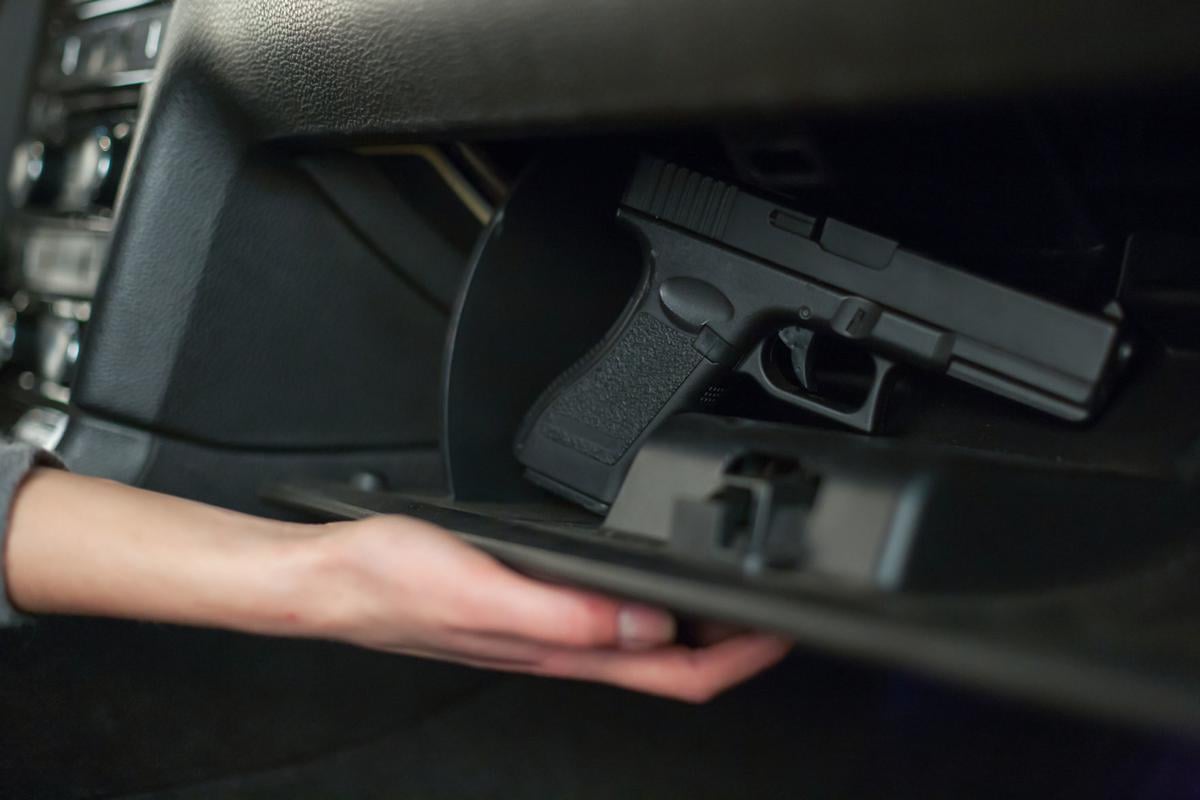It’s billed by proponents as a way moms can defend themselves from attackers while dropping their children off at school.
But legislation that cleared the Senate Judiciary Committee Thursday on a 4-3 party-line vote also would permit high schoolers who are 18 years old to bring and keep loaded guns in their vehicles. And that alarmed some foes of HB 2693 who said it creates the opportunity for what starts out as a spat among students to quickly escalate if one goes out to the parking lot to retrieve the weapon.
That possibility did not bother Sen. Eddie Farnsworth, R-Gilbert.
He pointed out that existing law already permits adults — anyone 18 and older — to drive onto public school campuses with a gun in the vehicle. And if the person leaves the vehicle, the firearm has to be stored out of sight and the vehicle must be locked.
The only difference, Farnsworth said, is that current law requires that the gun be unloaded before reaching the school, a requirement HB 2693 would eliminate.
Dave Kopp, lobbyist for the Arizona Citizens Defense League, argued that the current law actually creates more possibilities for accidents by forcing people to unload a gun before arriving on campus. He said the likelihood of a gun discharging increases every time it’s handled — including when its being loaded or unloaded.
That logic drew criticism from Sen. Martin Quezada, D-Glendale.
“In my opinion, I think the very last people we want to have carrying guns on a school campus are the ones that have difficulty with the most simple task of loading and unloading their weapons,” he said. “If you can’t handle that simple task, perhaps you should leave your gun at home before you drive to school.”
Rep. Warren Petersen, R-Gilbert, said he crafted the measure with the help of the National Rifle Association.
“It’s not practical for people to have to stop before they drop their kids off at school, unload their gun, park at the school, leave the school, reload their gun,” he said.
The bottom line, he said, is self-defense.
“We all know that criminals have no concern for the law,” Petersen said.
“They’re going to carry weapons wherever the want to carry weapons in any way that they want to,” he continued. “I want to make sure that a mother who needs to be in a position to defend herself that that will be afforded to her as well.”
Judith Simons, a retired teacher, had a different take.
“One of the reasons I retired when I did was increasing fear of gun violence at school,” she said.
Simons also said that the legislation, as worded, does not limit the ability to bring a loaded gun onto campus to situations where a parent is simply dropping off a child. She said it covers things like conferences, disciplinary hearings and after-school events.
What it also covers are those who are on campus all day like staff members and high school students.
“Can you imagine situations where tempers flare, people react in the heat of the moment?” Simons asked.
“Please don’t risk public safety in public places where most of the people there are children,” she testified. “Please prioritize not the NRA but your local PTA.”
Farnsworth, however, said he sees only a minor difference between allowing the gun to remain loaded or having it in the vehicle with the magazine next to it. Anyway, he said, there already are laws to address the situation that Simons fears.
“You can’t take it out of the car legally,” Farnsworth said.
Kelley Ireland with the Tucson chapter of Moms Demand Action had another point. She said the legislation would conflict with federal laws that prohibit the possession of loaded guns on school campuses.
Daniel Reid, lobbyist with the National Rifle Association, told lawmakers he could not immediately answer the question of the conflict between this bill and federal law.
The measure, which cleared the House earlier this month on a 31-27 vote now needs a vote of the full Senate.









